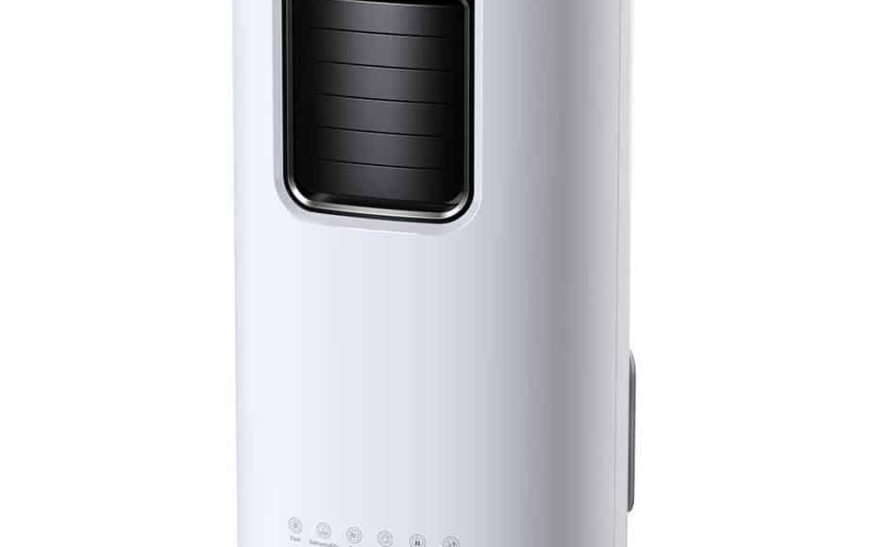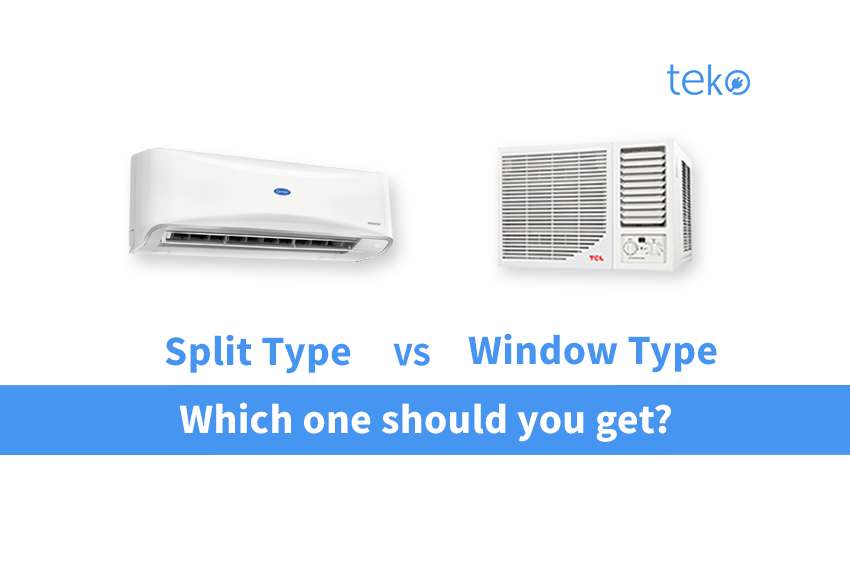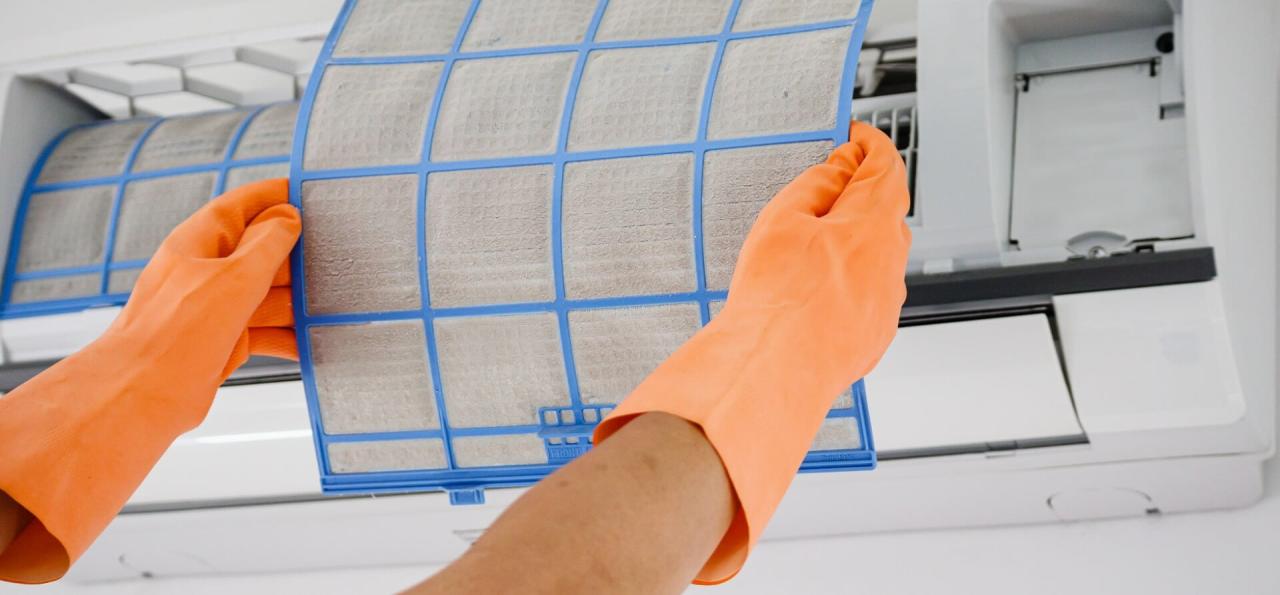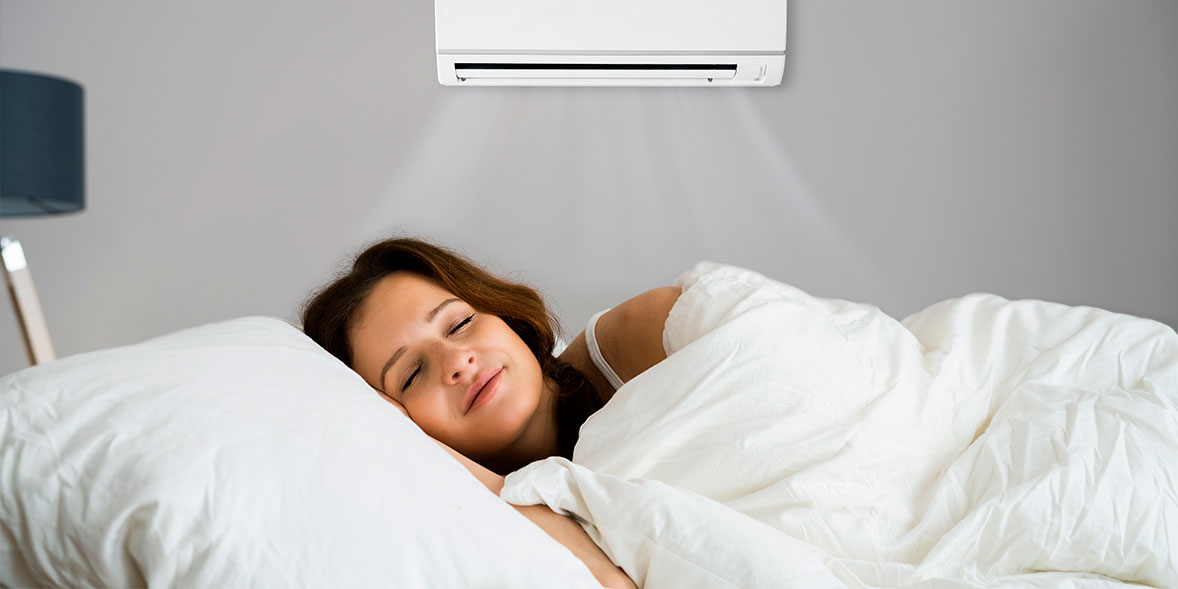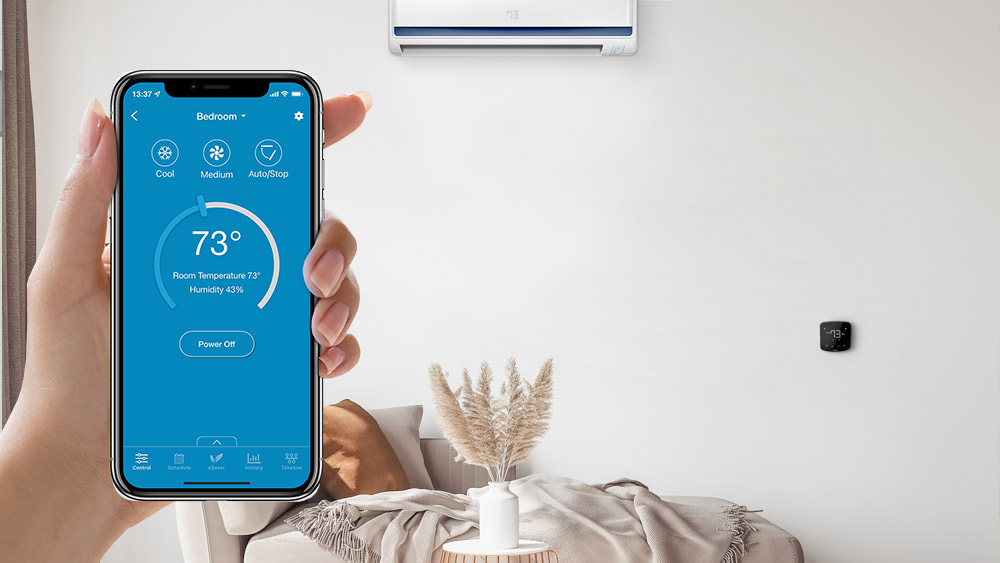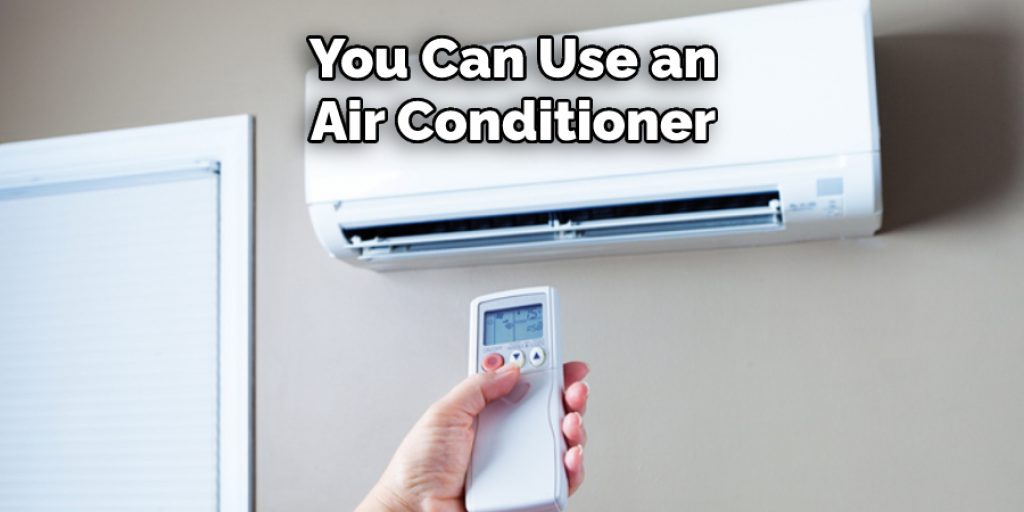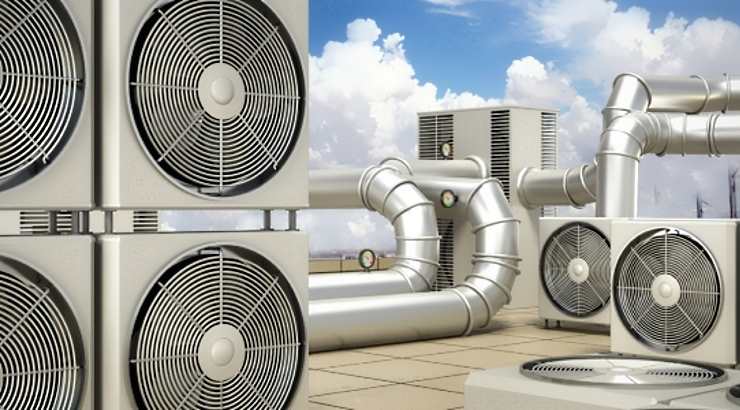Best air conditioners for allergies and air quality sets the stage for this engaging narrative, providing valuable insights for those seeking cleaner and healthier air. This guide dives into the various types of air conditioners, factors to consider when choosing one, maintenance tips, and additional features to enhance air quality.
Let's explore how these appliances can make a difference for allergy sufferers.
In the following sections, we will delve into the specifics of each type of air conditioner, discuss crucial factors to keep in mind when making a selection, and offer practical advice on maintenance and optimizing air quality.
Types of air conditioners suitable for allergies and air quality
When it comes to choosing an air conditioner that can help improve air quality for allergy sufferers, there are several types to consider. Each type comes with its own set of features and benefits that target different allergens and pollutants in the air.
HEPA Air Purifiers
HEPA air purifiers are known for their high efficiency in capturing particles as small as 0.3 microns. These purifiers can trap allergens such as pollen, dust mites, pet dander, and mold spores, helping to reduce allergy symptoms. The HEPA filter must be replaced regularly to maintain its effectiveness.
UV Air Purifiers
UV air purifiers use ultraviolet light to sterilize and kill bacteria, viruses, and mold spores in the air. While they may not capture particles like HEPA filters, UV purifiers can be effective in destroying harmful microorganisms that can trigger allergies and respiratory issues.
Activated Carbon Filters
Activated carbon filters are designed to absorb odors, gases, and volatile organic compounds (VOCs) in the air. These filters can help eliminate common household odors and chemical pollutants that may worsen allergies. Activated carbon filters are not as effective in capturing particles but are useful for improving overall air quality.
Factors to consider when choosing an air conditioner for allergies
When selecting an air conditioner to address allergy concerns, it is crucial to consider several key factors to ensure optimal air quality and relief from allergens. Factors such as room size, type of allergens, filtration system, and energy efficiency play a significant role in determining the effectiveness of an air conditioner in reducing allergens in the air.
Room Size
The size of the room where the air conditioner will be used is an essential factor to consider. It is important to choose an air conditioner that is powerful enough to effectively clean the air in the specific room size.
An air conditioner that is too small for the room may not be able to adequately filter the air, leading to poor air quality.
Type of Allergens
Understanding the type of allergens present in the environment is crucial in selecting the right air conditioner. Different air conditioners are designed to target specific allergens such as dust, pollen, pet dander, mold spores, or bacteria. Choose an air conditioner with a filtration system that can effectively capture and remove the specific allergens that trigger allergies.
Filtration System
The quality of the air conditioner's filtration system is a key factor in its ability to remove allergens from the air. Look for air conditioners with high-efficiency particulate air (HEPA) filters, as they are known for effectively capturing small particles and allergens.
Additionally, consider air conditioners with multiple filtration stages to ensure thorough air purification.
Energy Efficiency
Energy efficiency is also an important factor to consider when choosing an air conditioner for allergies. Opt for an energy-efficient model to reduce electricity consumption while maintaining optimal air quality. Look for air conditioners with energy-saving features such as programmable thermostats and eco-friendly operation modes.
Tips for Effective Allergy Relief
- Regularly clean and replace the air conditioner's filters to ensure optimal performance.
- Keep the air conditioner well-maintained to prevent the buildup of allergens and dust.
- Consider using air purifiers in conjunction with the air conditioner for enhanced air quality.
- Invest in air conditioners with smart features that allow for remote monitoring and control of air quality.
Maintenance tips for air conditioners to improve air quality
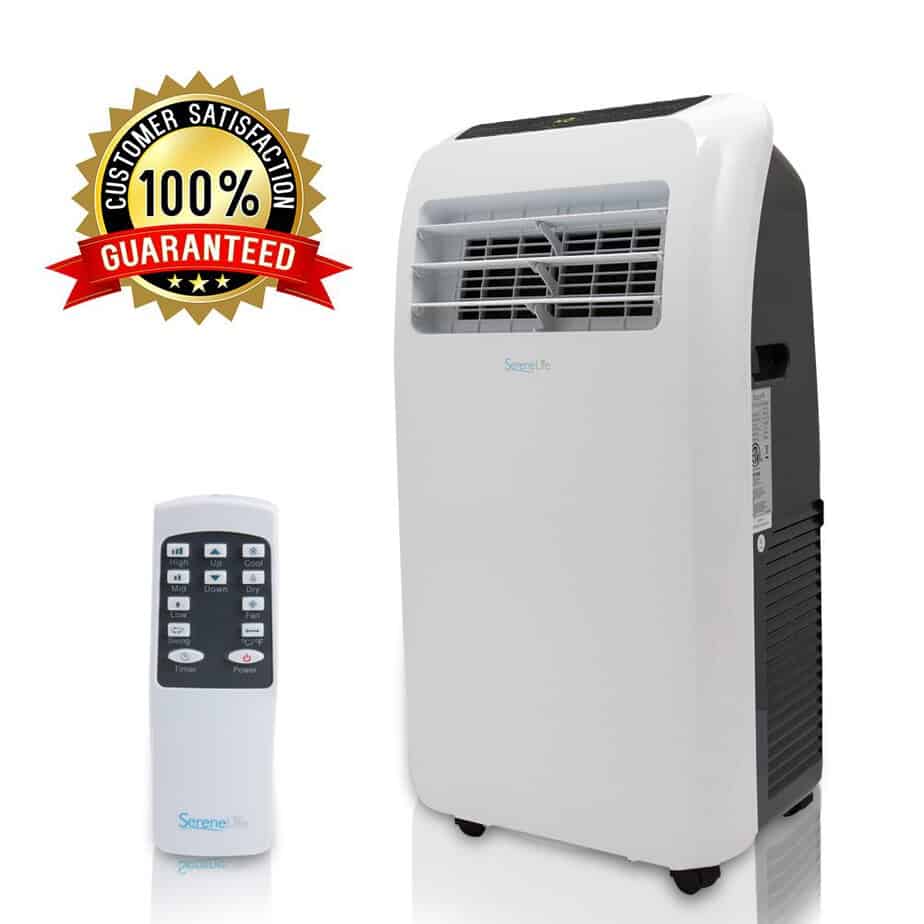
Regular maintenance of your air conditioner is crucial to ensure optimal air quality and prevent the buildup of allergens and pollutants in the air. By following a maintenance schedule and implementing best practices, you can ensure that your air conditioner functions efficiently to provide clean air for allergy sufferers.
Cleaning and replacing filters
One of the most important maintenance tasks for improving air quality is cleaning and replacing filters in your air conditioner. Clogged or dirty filters can lead to poor indoor air quality as they are unable to effectively trap allergens and pollutants.
- Check the filters regularly and clean or replace them as needed, following the manufacturer's instructions.
- Consider using high-efficiency particulate air (HEPA) filters for better filtration of allergens and pollutants.
- Regularly vacuum the area around the air conditioner to prevent dust and debris from entering the system.
Importance of regular maintenance
Regular maintenance of your air conditioner is essential to prevent the accumulation of allergens and pollutants in the air, which can exacerbate allergy symptoms and respiratory issues. By keeping your air conditioner clean and well-maintained, you can ensure that it operates efficiently and provides clean air for you and your family.
Best practices for efficient operation
- Keep the area around the air conditioner clean and free of obstructions to ensure proper airflow.
- Schedule annual professional maintenance to inspect and clean the internal components of the air conditioner.
- Adjust the thermostat settings to maintain a comfortable temperature without overworking the air conditioner.
Additional features to enhance air quality in air conditioners
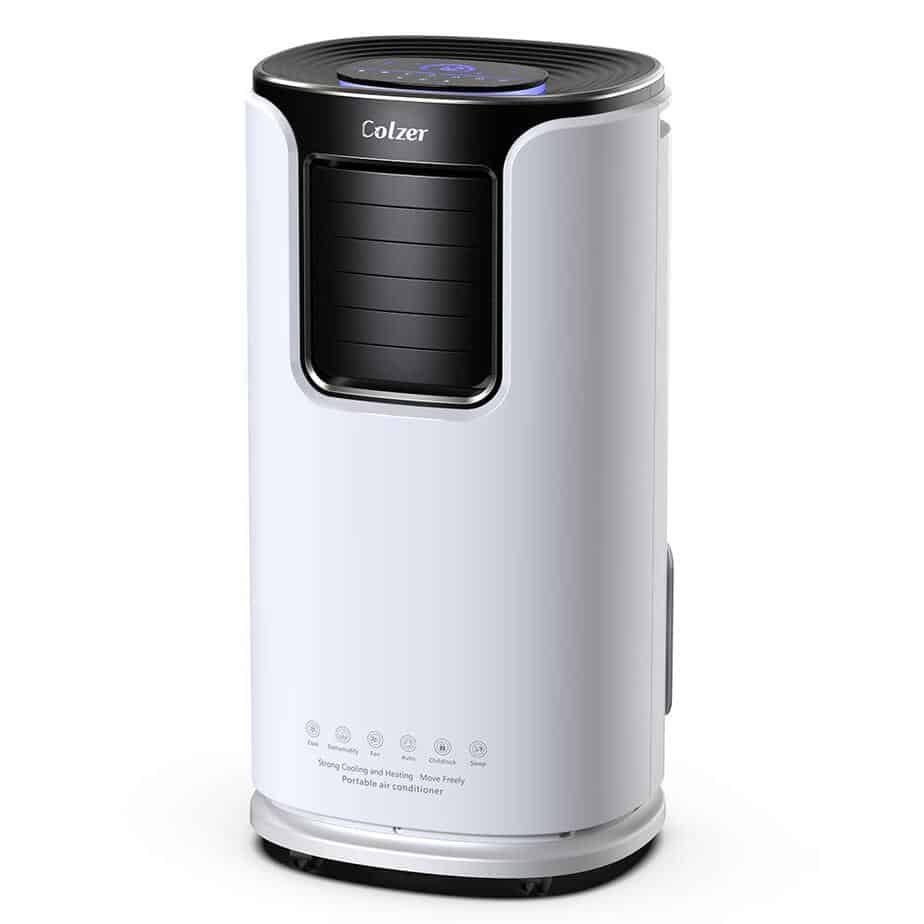
When it comes to enhancing air quality in air conditioners for allergy relief, advanced features like air ionizers, humidifiers, and dehumidifiers can play a crucial role. These additional features are designed to further improve the overall air quality and create a healthier indoor environment for allergy sufferers.
Air Ionizers
Air ionizers work by releasing negatively charged ions into the air. These ions attach themselves to positively charged particles like dust, pollen, and other allergens, causing them to fall to the ground instead of circulating in the air. This helps reduce the presence of allergens in the air and provides relief to allergy sufferers.
Humidifiers and Dehumidifiers
Humidifiers add moisture to the air, which can be beneficial for individuals with respiratory issues caused by dry air. On the other hand, dehumidifiers help reduce excess moisture in the air, which can prevent the growth of mold and mildew – common allergens that can trigger allergic reactions.
Final Summary

In conclusion, choosing the best air conditioner for allergies and air quality can significantly impact your indoor environment, providing relief for allergy sufferers and improving overall air quality. By understanding the different types, key factors to consider, and maintenance tips, you can create a healthier space for yourself and your loved ones.
Make an informed decision and breathe easier with the right air conditioner.
Essential Questionnaire
What type of air conditioner is best for allergies?
The best type of air conditioner for allergies is one that features HEPA filters, as they are highly effective in capturing allergens.
How often should air conditioner filters be cleaned for optimal air quality?
Filters should ideally be cleaned or replaced every 3-6 months to maintain optimal air quality.
Do air ionizers really help with reducing allergens in the air?
Air ionizers can help reduce allergens by negatively charging particles, making them easier to capture in the air purifier's filters.

